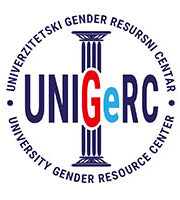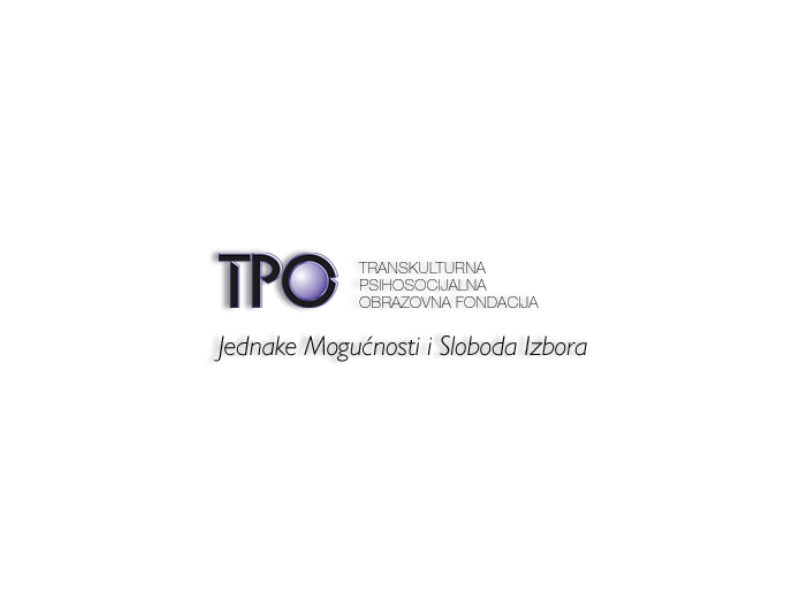KOR 375-05-24-1
Sarajevo, 05.05.2024
Terms of Reference (TOR) for Analysis of Educational Activities undertaken
by 19 Partner Universities within the UNIGEM Project
Background and information of the Projects:
TPO Foundation (Transcultural Psychosocial Educational Foundation) advocates for gender equality, dialogue and peace through partnership of civil society, academic institutions and government. It stands for freedom of consciousness and thought, regardless of identity or affiliation.
Bridging the gap between academic and activist, governmental and non-governmental and religious and non-religious worldviews, TPO is a leading organization in inclusive approaches to education for peace, gender equality and leadership.
In the period from July 2021 till the end of May 2025, TPO Foundation will implement the project “University and Gender Mainstreaming” (UNIGEM). This project gathers 19 partner institutions: 8 public and 4 private universities from Bosnia and Herzegovina and 7 universities from the region.
UNIGEM PROJECT:
The main goal is to strengthen capacities of state and private universities in Bosnia and Herzegovina, Croatia, Montenegro and Serbia and state education institutions to combat gender-based violence (GBV) and sexual harassment (SH).
The key outcomes are:
Outcome 1: Established gender mainstreaming policy and mechanismss
Outcome 2: Strenghten acdemic exchange of BiH, region and international experts
Outcome 3: Empowered and senisitisied university structures for GBVSH
Outcome 4: GMS impact analysis
The Evaluation Questions
Relevance
1. Assess design and focus of the project. To what extent UNIGEM project is relevant for BiH and regional current context.
2. To what extent did UNIGEM achieve the overall objectives?
3. What and how much progress has been made towards achieving the overall outputs and outcomes?
4. What the key stakeholders say about the success of the projects?
Effectiveness
1. Was the project effective in delivering desired/planned results?
2. How effective were the strategies and tools used in the implementation of the projects?
3. How effective has the project been in responding to the needs of the beneficiaries, and what results were achieved?
Sustainability
1. To what extent are the benefits of the projects likely to be sustained after the completion of this projects?
2. What is the likelihood of continuation and sustainability of project outcomes and benefits after completion of the projects?
3. Describe key factors that will require attention in order to improve prospects of sustainability?
Main lessons
Describe the main lessons that have emerged from the project?
– What are the recommendations for similar support in future?
The evaluation will provide quantitative and qualitative data through the following methods:
• In depth interviews to gather primary data from key stakeholders using a structured
methodology
• Focus Group discussion with project beneficiaries and other stakeholders.
• Interviews (incl. online) with relevant key informants (institutions)
• Observations (via using checklists)
Duration of the Evaluation
The evaluation is expected to start on 1 June 2024 for an estimated duration of 30 working days.
Expected Deliverables:
The following deliverables are expected.
1. An inception report, outlining the key scope of the work and intended work plan of the analysis, and evaluation questions, shall be submitted after 5 days of commencing the consultancy.
2. A draft comprehensive report that will be submitted to TPO for comments 10 days before finalization of the Evaluation.
3. The Evaluation Report will be produced in English
4. The Final Report: This will be submitted 10 days after receiving comments from TPO.
The content and structure of the Final Report:
1. Executive summary (1-2 pages)
2. Introduction (1-2 pages)
3. Description of the evaluation methodology (3 pages)
4. Situational analysis with regard to the outcome, outputs, and partnership strategy (10-12 pages)
5. Key findings, including best practices and lessons learned (2-3 pages)
6. Conclusions and recommendations (2 pages)
7. Appendices: List of interviews, documents reviewed and etc.
The Evaluator shall have the following expertise and qualification:
• At least master’s degree in social science and humanities
• At least 5 years of experience in working with non-governmental organizations
• Experience of project formulation and evaluation
• Excellent written and verbal communication skills in English
If interested, please send your CV, highlighting relevant experience, and a financial offer, before 22 May 2024 at koordinator6@tpofond.org



